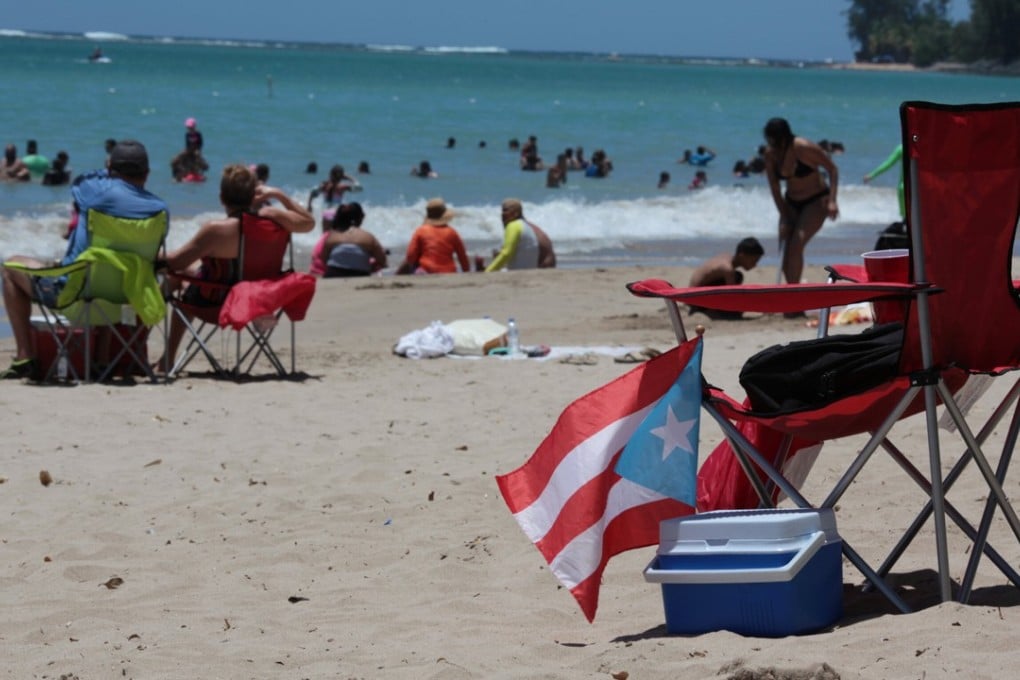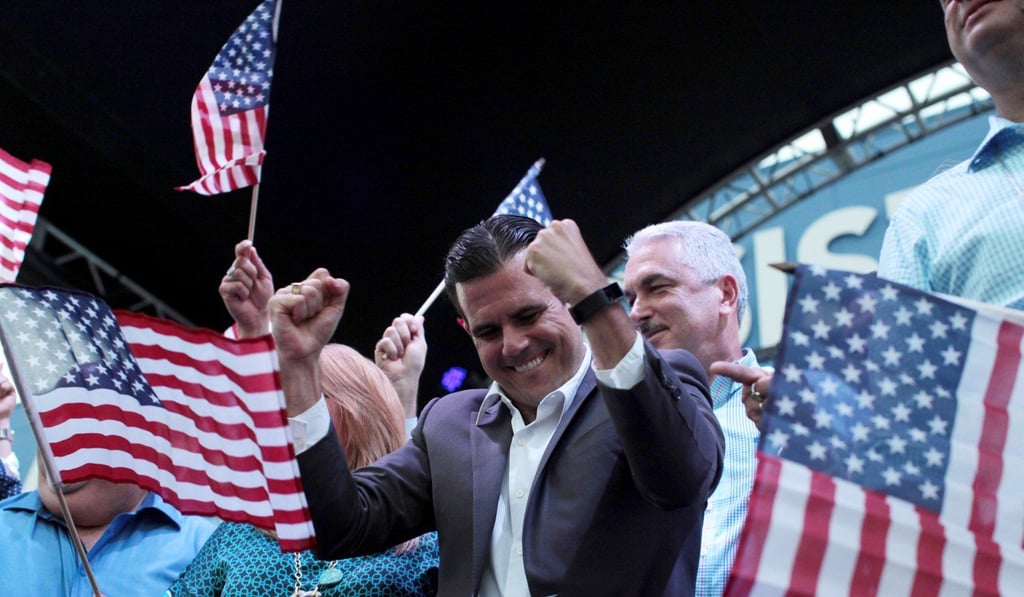What Hong Kong can learn from Puerto Rico, an American ‘SAR’
Jesse Friedlander draws lessons on self-governance and the usefulness of democratic legitimacy from the US territory, amid a debate in Hong Kong as it marks the 20th year of its return to Chinese sovereignty

In the run-up to the 20th anniversary of Hong Kong’s return to Chinese sovereignty, heated arguments abound over how to manage the territory’s affairs. Surprisingly, the US might offer some useful lessons for China.
Long before the post-colonial status of Hong Kong was debated, the US was successfully governing a number of semi-autonomous territories. The most prominent of these “American SARs” is Puerto Rico, a former Spanish colony in the Caribbean, with roughly half of Hong Kong’s population spread over nine times the land mass.
US should look to its own conduct before crying interference
Puerto Rico’s history is arguably more problematic than Hong Kong’s, given that it was forcibly linked to the US after a military invasion in 1898. While in 1917, residents were granted American citizenship, the relationship has been rocky, with calls for independence and claims of inequality. Today, Puerto Rico retains a special status as a self-governing commonwealth whose residents enjoy full rights as Americans but are not compelled to pay federal income tax.
Puerto Rico exercises full authority over its internal affairs and uses Spanish as its official language. With a history, culture and geographic attributes more similar to its Caribbean neighbours, many of which are independent countries, Puerto Rico has been declared a colony by some scholars. In an effort to best reflect the identity of its people, Puerto Rico has held numerous referendums on the nature of its relationship with the US. Residents could choose between keeping the status quo, independence, or becoming a full state within the US. The latest referendum, on June 11, saw the majority supporting Puerto Rico becoming a fully fledged state.

The result might be encouraging to those who cast a sceptical eye towards democratic expression. One feature of Puerto Rico’s unusual status is a high level of popular legitimacy; its 1952 constitution was first approved by 82 per cent of voters and ultimately ratified by the US Congress. By granting citizens direct influence over the process, they must bear a degree of responsibility for the system. Allowing for popular participation has enhanced the general sense that Puerto Rico is being treated fairly.